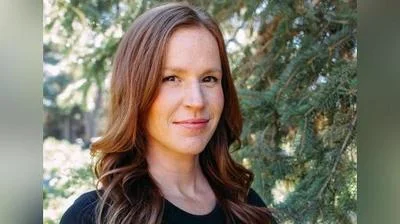Dr. John Stewart | Arizona Breathe Free
Dr. John Stewart | Arizona Breathe Free
- Chronic sinusitis affects 28.9 million American adults, or 11% of the adult population.
- Although nasal breathing is generally recommended, as many as 60% of adults frequently breathe through their mouths.
- Bad breath is one of many symptoms that can come with chronic sinusitis.
"Untreated bacterial sinus infections can produce foul smelling drainage posteriorly from the nose due to rhinorrhea. As this discharge runs down your throat, some can linger, leading to chronic bad breath," Dr. Stewart told the PHX Reporter.
People who suffer from chronic sinus problems are more likely to breathe through their mouths, which can lead to oral health issues including bad breath, according to the Cleveland Clinic. Mouth breathing disrupts the regular flow of saliva, which typically plays a role in keeping your mouth clean.
Symptoms of sinusitis include yellow or green drainage from your nose, pressure and pain in your face, a stuffy nose, bad breath, coughing up mucus, especially at night, and sometimes fever and chills, according to Merck Manual.
According to NHS Inform, individuals experiencing symptoms lasting for over one week are advised to consult a physician. An Ear, Nose, and Throat (ENT) specialist may suggest using a saline solution, over-the-counter medication, or prescribe antibiotics or a corticosteroid spray. If these treatments fail to alleviate the symptoms of sinusitis, the ENT specialist may also advise sinus surgery.
Mouth breathing dries up saliva, which can allow bacteria and plaque to build up on the teeth, which can cause cavities, gum disease, and chronic bad breath, according to the McCarl Dental Group. Regularly breathing through the mouth can also lead to strained jaw joints, snoring, sleep apnea, enlarged tonsils, and a higher risk for airway disorders, such as asthma.
According to Arizona Breathe Free's website, Dr. John Stewart earned his bachelor's degree in biology, graduating with summa cum laude honors, from Grand Canyon University. He went to medical school at Kirksville College of Osteopathic Medicine and completed his residency training in otorhinolaryngology/facial plastic surgery at the Freeman Hospital & Health System in Joplin, Missouri.






 Alerts Sign-up
Alerts Sign-up